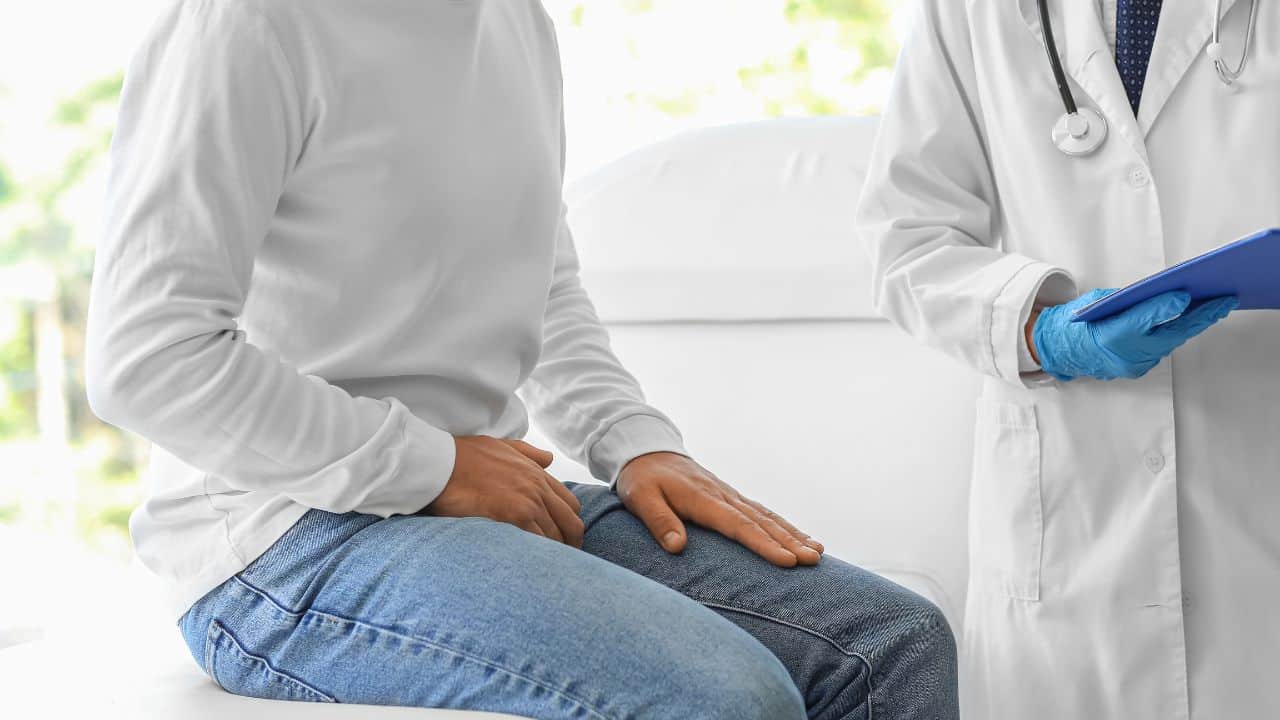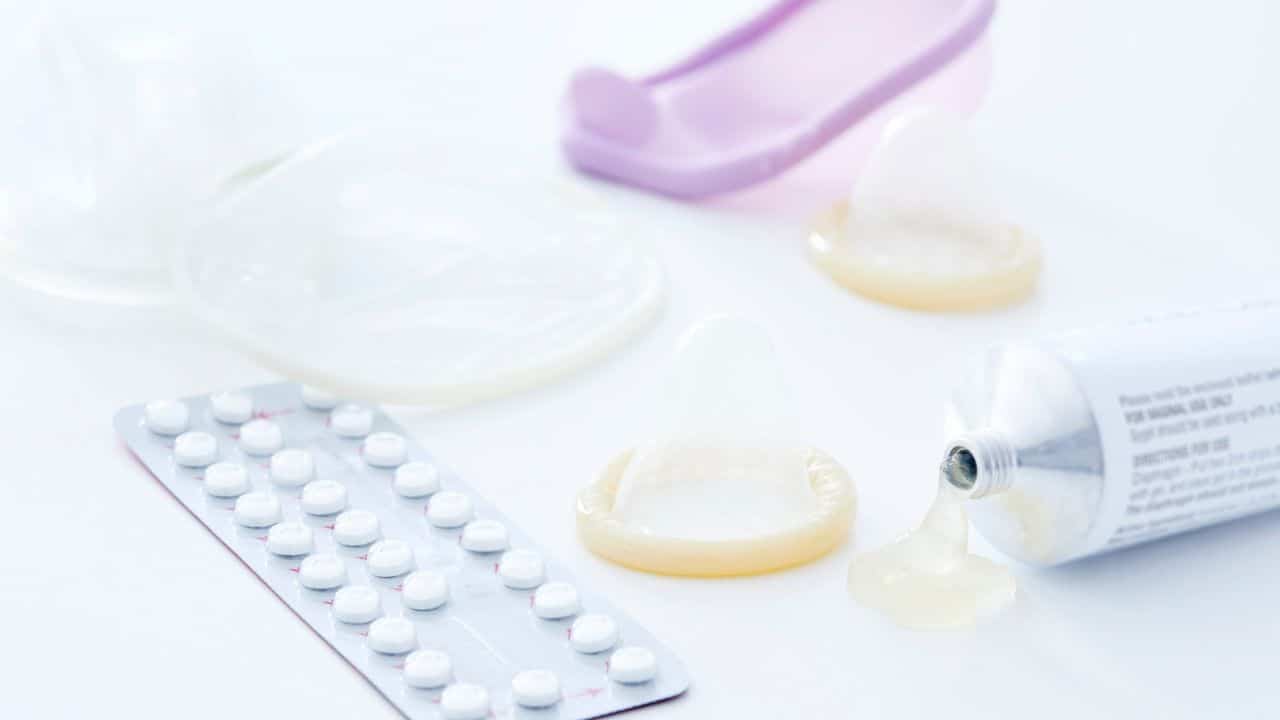Maintaining optimal penis health and function is essential for overall well-being and confidence. Lifestyle factors significantly influence sexual health, particularly conditions like erectile dysfunction (ED). Understanding how your daily habits impact penis health can help prevent issues and improve quality of life.
Here, we will delve into the conditions affecting penis health, the risks involved, when to seek medical help, and actionable steps to promote penis health. We’ll also discuss realistic expectations, safety and the importance of consulting healthcare professionals.
The Connection Between Lifestyle and Erectile Dysfunction
Your daily choices significantly influence penis health and sexual function. Issues such as erectile dysfunction often stem from underlying health problems like cardiovascular disease, diabetes, or obesity—many of which can be mitigated through lifestyle changes.
A proactive approach to lifestyle not only helps manage ED but also boosts overall well-being, enhancing your confidence and ability to enjoy life fully.
Factors That Increase the Risk of Erectile Dysfunction
Erectile dysfunction often arises from a combination of lifestyle choices and underlying health conditions. These risk factors can be divided into two categories:
Modifiable Risk Factors
These are factors you can change through healthier lifestyle choices:
- Smoking: Smoking damages blood vessels, reducing blood flow—a critical factor in erectile dysfunction symptoms.
- Poor Diet: Diets high in processed foods and sugars contribute to obesity and vascular problems, both of which are strongly linked to ED.
- Physical Inactivity: An inactive lifestyle can lead to poor cardiovascular health, weight gain, and an increased likelihood of ED.
- Stress and Anxiety: Psychological pressures, such as stress and anxiety, can directly interfere with sexual performance and lower testosterone levels.
Non-Modifiable Risk Factors
These factors are outside your control but are important to understand:
- Medical Conditions: Chronic illnesses like diabetes, heart disease, and high blood pressure impair blood flow and nerve function, significantly increasing the risk of ED.
- Age: Although ED becomes more common with age, it is not inevitable and can often be managed with appropriate care.
Common Conditions Affecting Penis Health
Several medical and physical conditions can negatively impact penis health and lead to erectile dysfunction:
- Peyronie’s Disease: This condition involves the formation of fibrous scar tissue within the penis, causing painful curvature and difficulty with sexual activity.
- Sexually Transmitted Infections (STIs): Untreated infections like gonorrhoea, syphilis, or chlamydia can lead to complications affecting penis health and function.
- Trauma or Injury: Physical damage to the penis, whether from accidents or surgery, can result in long-term issues with erectile function.
- Low Testosterone Levels: Hormonal imbalances can reduce libido and make it harder to achieve or maintain erections.
These conditions can lead to erectile dysfunction symptoms, such as difficulty achieving or maintaining an erection, reduced sexual desire, and performance anxiety.
Lifestyle Changes to Improve Penis Health
Understanding the interplay between lifestyle and these risk factors highlights the importance of making proactive changes. By quitting smoking, improving your diet, staying physically active, and managing stress, you can significantly reduce the likelihood of developing erectile dysfunction and enhance your overall sexual health.
Adopting these healthy habits can help prevent the conditions that lead to ED and improve existing symptoms, offering a natural and sustainable approach to better penis health.
Actionable Steps to Improve Erectile Dysfunction
Here are some practical lifestyle changes that can have a profound impact on managing ED and improving penis health:
1. Prioritise Regular Exercise
- Aim for 45-60 minutes of moderate exercise daily to improve blood flow and cardiovascular health.
- Activities like brisk walking, swimming, or cycling enhance nitric oxide production, which is essential for achieving and maintaining erections.
- Exercise also helps with weight management, reducing the risk of obesity—a key factor in erectile dysfunction symptoms.
2. Adopt a Balanced Diet
- Follow a Mediterranean-style diet that includes whole grains, vegetables, fruits, lean protein, and healthy fats like olive oil.
- Reduce your intake of processed foods, sugar, and red meat, which are linked to vascular and metabolic issues contributing to ED.
- Consider foods that support vascular health, such as nuts, berries, and fatty fish, to optimise blood flow.
3. Maintain a Healthy Weight
- Obesity increases the risk of erectile dysfunction due to hormonal imbalances and reduced blood flow.
- Aim for a body mass index (BMI) below 30 through a combination of diet and exercise.
4. Quit Smoking and Limit Alcohol
- Smoking damages blood vessels, restricting blood flow to the penis. Quitting smoking can have immediate and long-term benefits for erectile dysfunction symptoms.
- Limit alcohol to one to two drinks a day to avoid the negative effects it has on testosterone levels and vascular health.
5. Manage Stress and Mental Health
- Stress, anxiety, and depression are common contributors to ED. Mindfulness practices, therapy, or counselling can help improve your mental well-being.
- Engage in relaxing activities like yoga, meditation, or deep-breathing exercises to reduce psychological barriers to sexual performance.
6. Stay Sexually Responsible
- Use protection to prevent sexually transmitted infections (STIs), which can affect penis health.
- Communicate openly with your partner about your concerns and goals to reduce anxiety related to ED.
7. Routine Health Checkups
- Regular screenings for chronic conditions like diabetes and hypertension are essential for preventing ED.
When should you see your doctor?
If you’re experiencing erectile dysfunction symptoms or other penis health concerns, it’s essential to seek professional help. Contact your healthcare provider immediately if you notice:
- Persistent difficulty achieving or maintaining an erection
- Pain or discomfort during urination or ejaculation
- Noticeable change in the shape, size, or curvature of your penis
- Bumps, sores, or unusual discharge
- Sudden loss of sexual desire or changes in ejaculation patterns
Partnering with a healthcare professional ensures that your erectile dysfunction treatment is safe, effective, and tailored to your needs. A healthcare professional can provide an accurate diagnosis, identifying the root cause of your symptoms and tailoring a treatment plan to suit your unique needs. This may involve lifestyle changes, medications, or other therapies designed to improve your overall well-being and restore confidence.
Erectile dysfunction often serves as an early indicator of underlying health issues such as cardiovascular disease or diabetes. By consulting a doctor, you not only address the immediate symptoms of ED but also gain the opportunity to detect and manage serious health concerns. Treating these conditions can lead to improved overall health, reduced risks, and a better quality of life.
Realistic expectations and patience
Erectile dysfunction treatment requires patience and consistency. While some solutions may show immediate effects, most take time to deliver significant results. Remember:
- Treatment timelines vary: Lifestyle changes, such as improved diet and exercise, often take weeks or months to show measurable benefits.
- Individual responses are different: Each person’s body reacts differently to treatments; it may take time to find the most effective approach.
- Focus on Overall Health: The goal isn’t just to resolve ED but to enhance your overall sexual health and quality life.
Safety and Avoiding Scams
With the growing demand for erectile dysfunction treatments, scams and unsafe products are becoming increasingly common. To ensure your safety:
- Consult only license healthcare professionals
- Avoid purchasing unregulated supplements or medications online.
- Be cautious of advertisements claiming ‘miracle cures’ for erectile dysfunction.
- Verify the credibility of online pharmacies and avoid sharing personal information on unsecured platforms.
Your lifestyle choices play a significant role in preventing and managing erectile dysfunction symptoms. By adopting healthier habits, consulting with healthcare professionals, and avoiding unsafe treatments, you can take control of your sexual health and improve your quality of life.
At Calibre Clinic, we specialise in evidence-based erectile treatments and personalised care. Contact us today to learn how we can help you achieve your health and enhancement goals.






